The Future of AI in Everyday Life: What to Expect
31 December 2024
Artificial Intelligence (AI) is no longer just a concept confined to sci-fi movies or tech articles. We're already starting to see AI slip into our daily routines without even realizing it. From voice assistants like Alexa and Siri to personalized recommendations on Netflix, AI has begun to shape our everyday experiences. The big question is: Where is this all headed? What can we expect from AI as it continues to evolve and integrate into our lives?
In this article, we're going to explore how AI is poised to change the way we live, work, and interact with the world. We'll dive into specific areas where AI is predicted to take center stage in the near future, and how this could impact you personally. Buckle up—things are about to get exciting!
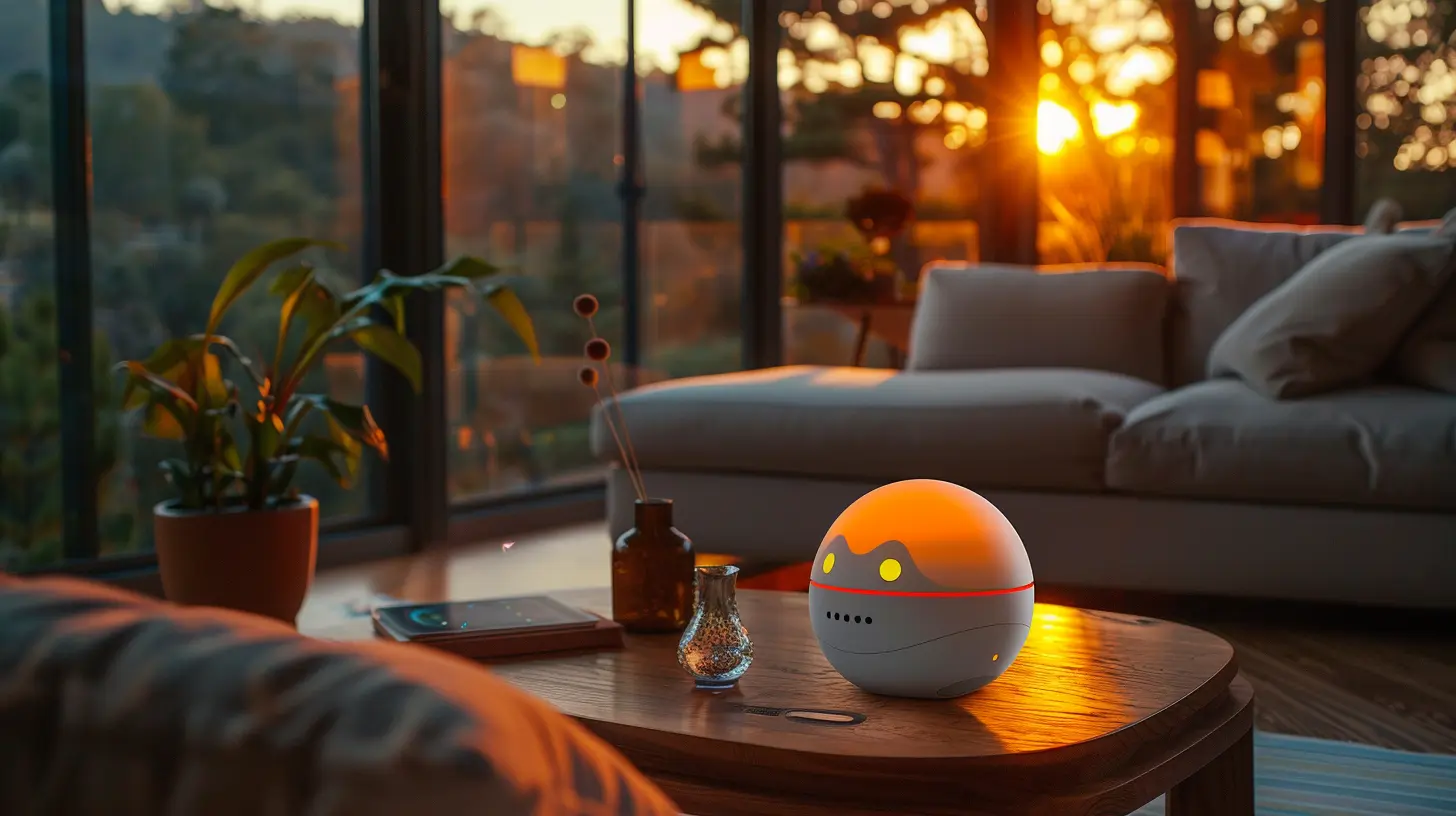
1. AI and Personal Assistants: Your Digital Butler
AI-powered personal assistants are already a thing. We ask Siri for weather updates, get Alexa to play music, and rely on Google Assistant to set reminders. But in the future, these digital helpers are expected to become a lot more than just voice-activated gadgets.Smarter, More Personalized Assistance
Imagine a world where your personal assistant knows you better than you know yourself—scary, but fascinating, right? AI will soon be able to anticipate your needs before you even ask. Let's say you have a meeting scheduled later in the day, and traffic is particularly bad. Your AI assistant could suggest leaving earlier, offer alternate routes, or even reschedule the meeting if necessary.AI will not just passively respond to your commands; it will be proactive. It could remind you to take a break when you're overworked or suggest healthier meal options based on your past eating habits.
How does it work?
AI learns from your behavior patterns over time. The more you use it, the more it understands your preferences, making suggestions that are increasingly tailored to your lifestyle.
AI as a Household Manager
Your AI assistant won’t just live in your phone—it could manage your entire home. We're already seeing the rise of smart homes with connected devices like thermostats, lights, and security cameras that can be controlled by AI. In the future, your AI personal assistant could act as a central command hub, managing everything from your heating system to your grocery shopping.Imagine waking up in the morning to a perfectly brewed cup of coffee, the lights gradually brightening as your alarm goes off, and the temperature adjusting to your preference—all without lifting a finger.
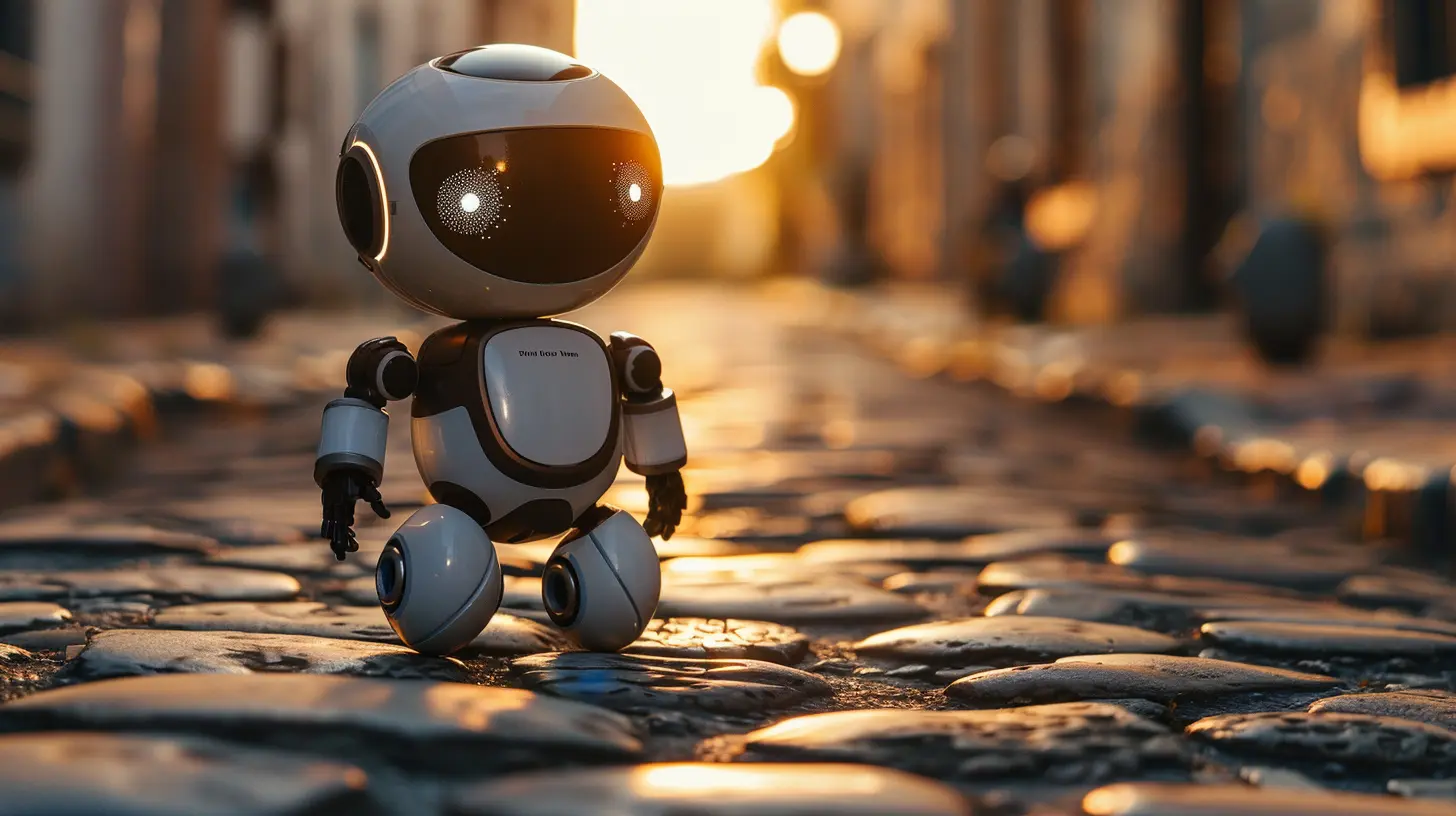
2. AI in Healthcare: Revolutionizing Medical Treatment
If there’s one area where AI could make a significant impact, it's healthcare. The future of medicine looks incredibly promising with AI stepping in to assist doctors and improve patient outcomes.AI Diagnostics
Diagnosing illnesses is no easy task, but AI-powered systems are getting better at it. AI can analyze medical images, scan patient histories, and even predict diseases based on patterns in data. Some algorithms are already outperforming human doctors in diagnosing conditions like skin cancer or heart disease.The potential benefits here are enormous. Faster, more accurate diagnoses could mean less time spent waiting for results and more effective treatments. AI could also help catch diseases early, giving patients a better chance of recovery.
Personalized Medicine
AI's ability to process enormous amounts of data quickly will enable doctors to create highly personalized treatment plans. Instead of a one-size-fits-all approach, AI can analyze a patient's genetic information, lifestyle, and medical history to recommend treatments that are uniquely suited to them.Imagine being prescribed a medication that is not only effective but also tailored to your body's specific needs. This level of precision could drastically reduce side effects and improve overall health outcomes.
AI-Assisted Surgeries
Robotic surgeries aren’t entirely new, but AI will take them to the next level. In the future, AI-powered robots could perform surgeries with a level of accuracy that even the most skilled human surgeons can't achieve. These robots could assist in complex procedures, reducing the risk of human error and making surgeries safer and more efficient.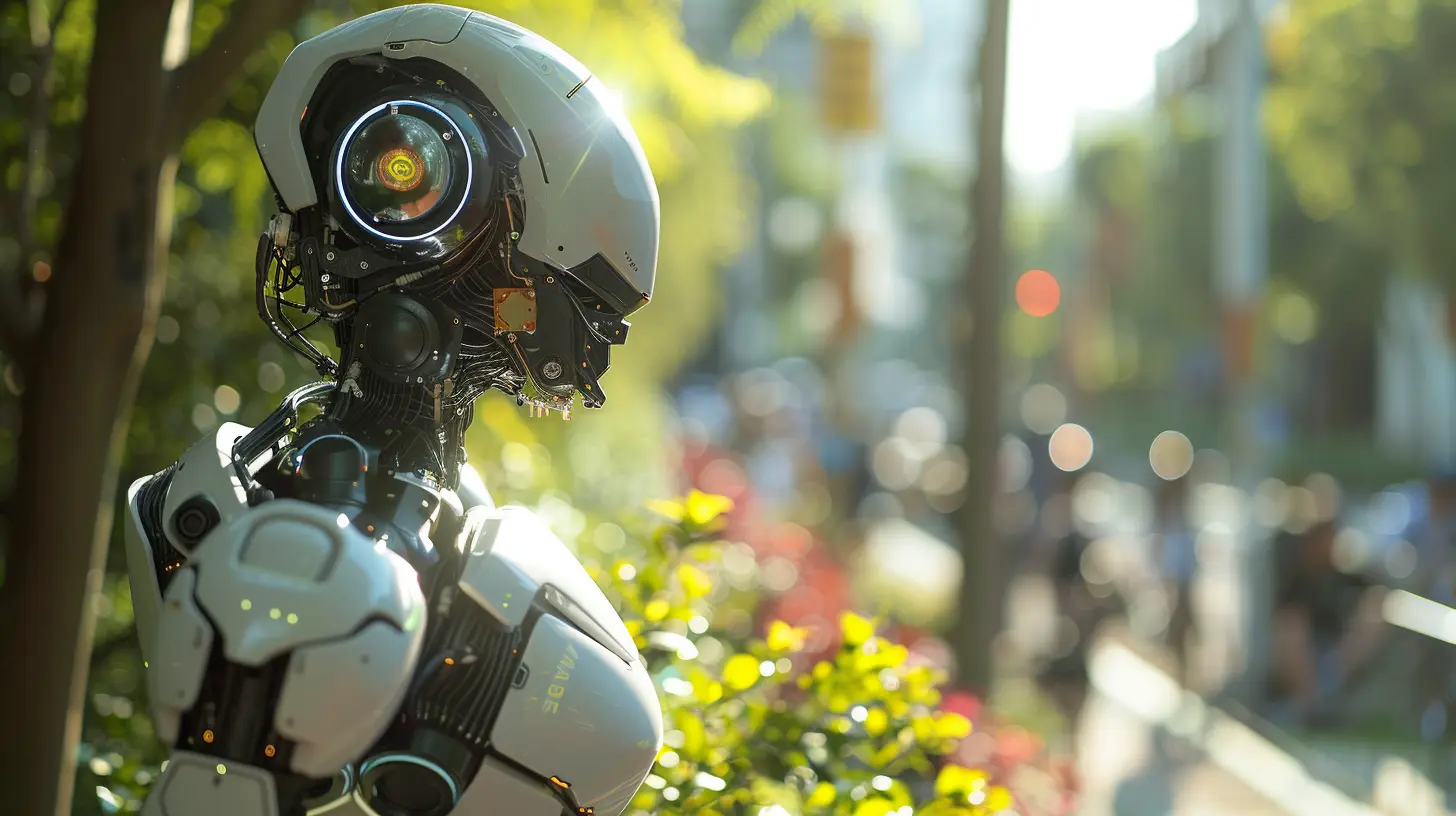
3. AI in Transportation: Self-Driving Cars and Beyond
If you've ever dreamed of a world where cars drive themselves while you sit back and relax, you're in luck. Autonomous vehicles are one of the most talked-about applications of AI, and while we aren't quite there yet, the future of transportation looks incredibly promising.Self-Driving Cars
Self-driving cars are no longer a pipe dream. Companies like Tesla, Waymo, and Uber are already testing autonomous vehicles on public roads. In the coming years, we could see a shift where self-driving cars become the norm rather than the exception.Imagine commuting to work without having to deal with traffic jams or looking for parking spots. An AI-powered car could drop you off at your destination and then park itself. It could also optimize routes to avoid traffic, reducing both travel time and fuel consumption.
AI in Traffic Management
Beyond self-driving cars, AI will play a role in managing entire transportation systems. AI could monitor traffic patterns in real-time, adjusting traffic lights and routes to minimize congestion. This could lead to shorter commutes, less pollution, and fewer accidents.Public transportation will also get a boost from AI. Autonomous buses and trains could make public transit more reliable and efficient, reducing wait times and improving the overall experience for passengers.
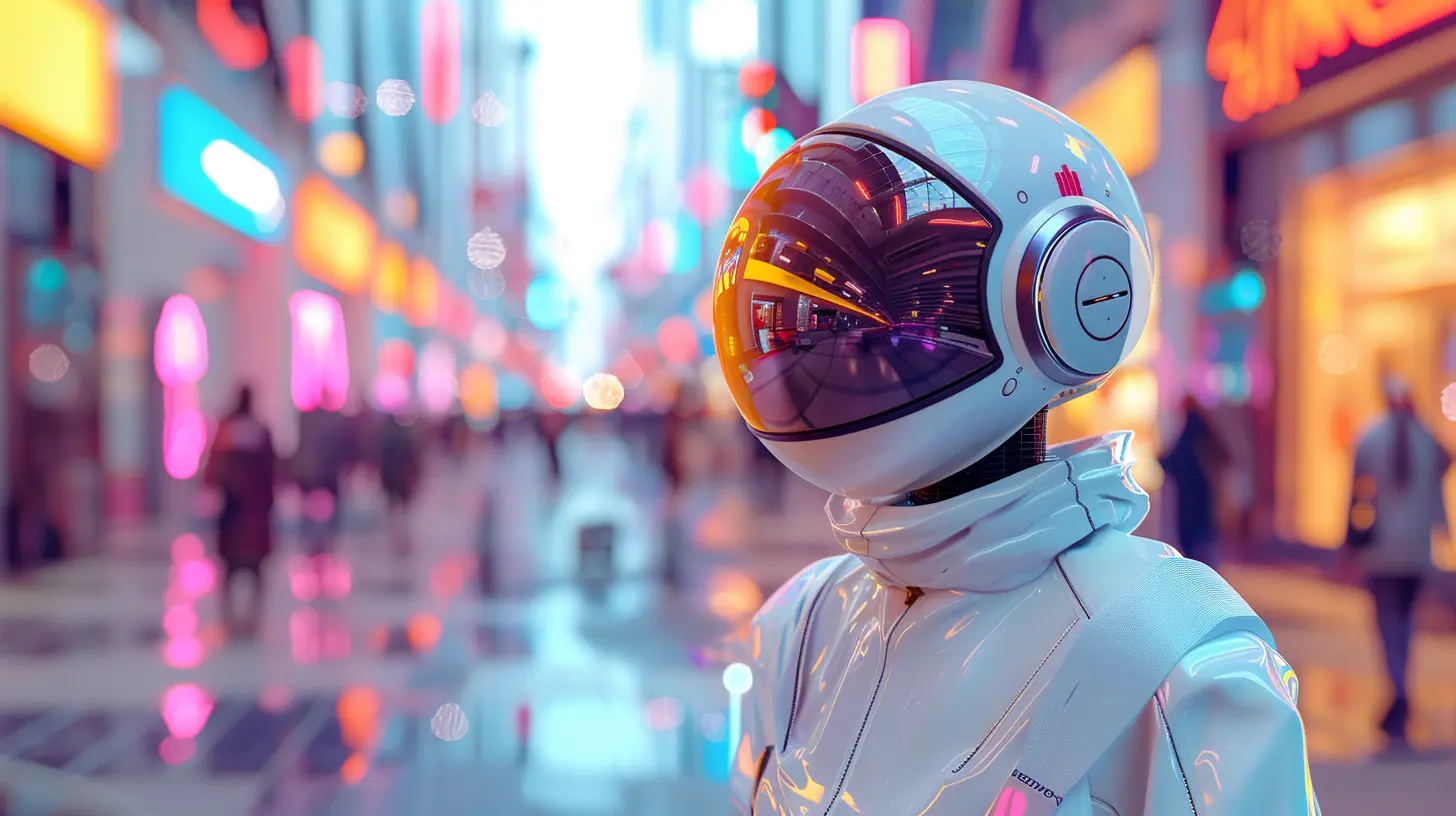
4. AI in Education: Personalized Learning for All
Education is another field poised for transformation thanks to AI. The traditional classroom model may soon be a thing of the past as AI enables more personalized and flexible learning experiences.Adaptive Learning Systems
In the future, AI-powered adaptive learning platforms could customize lessons based on individual students' strengths and weaknesses. Instead of a one-size-fits-all curriculum, students would receive personalized learning paths that adapt to their progress and learning style.For example, if you're struggling with a particular math concept, the AI system could offer additional exercises or explain the concept in a different way. On the flip side, if you're excelling in a subject, the system could introduce more challenging material to keep you engaged.
Virtual Tutors
AI-driven virtual tutors could provide students with real-time feedback and assistance, much like a human teacher. These tutors would be available 24/7, allowing students to get help whenever they need it. Whether it's answering a specific question or guiding students through complex topics, AI tutors could revolutionize the accessibility of education.AI in Administrative Tasks
AI could also take over administrative tasks in education, such as grading papers and managing schedules. This would free up teachers to focus more on actual teaching and less on paperwork. AI could also help identify students at risk of falling behind, allowing educators to intervene before problems escalate.5. AI in Entertainment: A New Era of Content Creation
AI is already influencing the way we consume content, but it’s also starting to play a role in creating it. From music to movies, AI is stepping into the creative process, and the results are fascinating.AI-Generated Music and Art
AI has the ability to compose music, create visual art, and even write poetry. While human creativity is still unmatched, AI-generated content is getting impressively close. In the future, we might see AI collaborating with artists to produce new and innovative works that push the boundaries of creativity.Personalized Entertainment
AI is already being used by platforms like Netflix and Spotify to recommend content based on your preferences. But in the future, these recommendations will become even more accurate and personalized. AI could analyze your mood, time of day, or even your current location to suggest the perfect movie or playlist.Imagine logging into Netflix and having a custom movie created just for you, based on your unique tastes. Or imagine playing a video game where the storyline adapts in real-time to your decisions and preferences, creating a truly personalized experience.
6. The Ethical Implications of AI
As exciting as the future of AI is, it’s important to consider the ethical implications. AI has the potential to do a lot of good, but it also comes with risks that need to be addressed.Privacy Concerns
AI systems can collect a vast amount of data about us—our habits, preferences, and even our health. While this data can improve our experiences, it also raises privacy concerns. How will companies use this data? Who will have access to it? These are questions that will need to be answered as AI becomes more integrated into our lives.Job Displacement
Another concern is the potential for job displacement. As AI takes over tasks like driving, diagnosing illnesses, and even creating content, there’s a risk that some jobs will become obsolete. While new jobs will likely be created in the AI industry, there’s a need for careful consideration of how to retrain workers and ensure that the benefits of AI are shared by all.Conclusion: Embracing the Future of AI
The future of AI in everyday life is incredibly exciting. From smarter personal assistants to self-driving cars and personalized healthcare, AI has the potential to improve nearly every aspect of our lives. However, as we embrace these changes, it’s crucial to remain mindful of the ethical challenges that come with them.As AI continues to evolve, it’s clear that it will play an increasingly important role in shaping our future. Whether we’re ready for it or not, AI is coming—and it’s going to be a game-changer.
all images in this post were generated using AI tools
Category:
Artificial IntelligenceAuthor:

Jerry Graham
Discussion
rate this article
17 comments
Sarina Yates
Exciting times lie ahead as AI transforms our daily lives! Embrace the innovative possibilities that will enhance convenience, creativity, and connection. Together, we can harness technology to create a brighter, more efficient future for everyone!
February 22, 2025 at 4:55 AM

Jerry Graham
Absolutely! AI offers incredible potential to improve our daily lives, and embracing these innovations can lead to a more connected and efficient future. Let's explore the possibilities together!
Ariella Reyes
Great insights! Excited to see how AI will seamlessly integrate into our daily lives. Thank you!
February 2, 2025 at 8:32 PM

Jerry Graham
Thank you! I'm glad you found it insightful. Exciting times ahead for AI integration!
Solaria Cole
While promising, AI's integration into daily life raises ethical concerns and potential societal implications.
January 28, 2025 at 7:49 PM

Jerry Graham
Thank you for your insightful comment! While AI offers significant benefits, we must carefully navigate the ethical considerations and societal impacts to ensure a positive integration into our daily lives.
Hawk Henderson
Exciting times ahead! Embrace the AI journey—it's here to make our daily lives easier and more fun!
January 22, 2025 at 8:54 PM

Jerry Graham
Absolutely! AI is set to revolutionize our daily routines, making tasks simpler and enhancing our experiences. Exciting times indeed!
Morgan Rosales
This article beautifully captures the transformative potential of AI in our daily lives. It’s inspiring to envision a future where technology enhances our experiences and simplifies tasks. I’m excited to see how innovations will shape our interactions and improve overall well-being in the years to come!
January 15, 2025 at 3:44 AM

Jerry Graham
Thank you for your kind words! I'm glad you found the article inspiring. The potential of AI to enhance our daily lives is truly exciting!
Joy Palmer
Imagine a world where your coffee brews itself while gently critiquing your choice of mug! As AI seeps into our daily routines, who knows—maybe your toaster will become your new life coach, reminding you to add more 'crunch' to your breakfast and your life!
January 9, 2025 at 7:39 PM

Jerry Graham
That's a delightful vision of the future! As AI integrates into our routines, we may find ourselves with not just efficient appliances but also quirky companions that enhance our daily experiences.
Annette Cruz
Exciting times ahead! As AI continues to evolve, it promises to enhance our daily lives, making tasks easier and fostering innovative solutions. Embrace the possibilities and let technology empower you to achieve more every day!
January 9, 2025 at 1:20 PM

Jerry Graham
Absolutely! The potential of AI to transform our daily lives is immense, and embracing these advancements will undoubtedly lead to greater efficiency and innovation. Let's look forward to the possibilities!
Trinity McElroy
This article offers insightful predictions about AI's role in daily life, highlighting both its potential benefits and challenges. A thoughtful exploration that encourages further discussion on responsible innovation.
January 8, 2025 at 5:57 AM

Jerry Graham
Thank you for your thoughtful comment! I'm glad you found the article insightful and that it sparked discussion on responsible AI innovation.
Aaron Gibson
Exciting possibilities ahead! AI will enhance convenience and efficiency in our daily routines.
January 7, 2025 at 8:07 PM

Jerry Graham
Thank you! Exciting times indeed—AI has the potential to transform our daily lives in remarkable ways!
Laila McGinn
This article insightfully explores the transformative potential of AI in daily activities, from personalized healthcare to smarter home systems. As AI continues to evolve, its integration will enhance convenience, efficiency, and overall quality of life for everyone.
January 7, 2025 at 12:31 PM

Jerry Graham
Thank you for your thoughtful comment! I'm glad you found the article insightful. AI's transformative potential truly has the power to enhance our daily lives significantly.
Rosalie Jenkins
This article wonderfully highlights the transformative potential of AI in our daily lives. It's exciting to think about how these advancements can enhance our routines and experiences, making life not just easier, but also more enriching and connected. Great insights!
January 7, 2025 at 5:28 AM

Jerry Graham
Thank you for your thoughtful comment! I'm glad you found the article inspiring and insightful. Exciting times ahead for AI in our daily lives!
Tracie Peterson
As AI weaves deeper into our daily routines, expect a blend of convenience and ethical dilemmas. The future promises smart homes and personalized experiences, but we must navigate the fine line between innovation and privacy invasion. Exciting times ahead!
January 6, 2025 at 12:56 PM

Jerry Graham
Thank you for your insightful comment! Balancing innovation with ethical considerations will be crucial as AI becomes more integrated into our lives. Let's navigate this exciting future together!
Hailey Mahoney
As AI embeds deeper into our daily routines, expect a blend of convenience and ethical dilemmas. Will our smart assistants save time or invade privacy? The future is exciting, but let’s tread thoughtfully on this virtual tightrope.
January 4, 2025 at 4:54 AM

Jerry Graham
Absolutely! Balancing convenience with ethical considerations is crucial as AI becomes more integrated into our lives. Thoughtful engagement will shape a positive future.
Fletcher McGhee
This article insightfully explores the transformative potential of AI in daily routines, emphasizing its role in enhancing efficiency and personalization. However, it’s crucial to also address ethical considerations and the digital divide to ensure equitable access to AI advancements.
January 3, 2025 at 7:46 PM

Jerry Graham
Thank you for your thoughtful comment! I completely agree that while AI offers great benefits, addressing ethical considerations and ensuring equitable access are essential for a balanced future.
Valen Malone
In circuits and code, our daily lives will bloom; AI's whispers pave paths to new horizons.
January 3, 2025 at 12:43 PM

Jerry Graham
Thank you! Indeed, AI is set to transform our daily experiences, making technology more intuitive and enhancing our everyday tasks. Exciting times ahead!
Naya McBride
AI is not just a buzzword; it's the backbone of our future. From personalized experiences to smarter cities, we're on the brink of an AI revolution that will reshape our daily lives. Embrace it or get left behind—this transformation is inevitable and unstoppable.
January 2, 2025 at 1:11 PM

Jerry Graham
Absolutely! AI's integration into daily life will enhance our experiences and create smarter environments. Embracing this change is essential for individuals and society alike.
Lily Soto
This article succinctly highlights the transformative potential of AI in daily activities, emphasizing its role in enhancing convenience, personalization, and efficiency, while also addressing ethical considerations and societal impacts.
December 31, 2024 at 8:50 PM

Jerry Graham
Thank you! I'm glad you found the article insightful. AI truly has the power to reshape our daily lives while prompting important discussions about ethics and society.
MORE POSTS
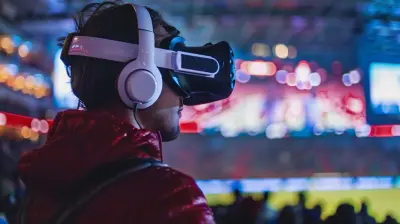
How Virtual Reality is Changing the Way We Watch Sports

Must-Have Tech Accessories for Your Daily Commute

How AI is Revolutionizing the Music Industry
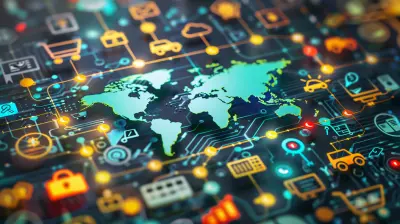
How to Optimize Your E-Commerce Site for International Sales
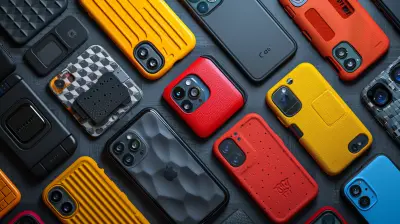
How to Protect Your Devices with the Best Tech Cases

The Role of 5G in the Future of Smart Homes
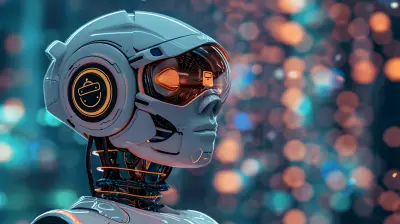
Are Digital Assistants Ready for the Workplace? A Closer Look

Smart Garden Gadgets for a More Sustainable Urban Green Space
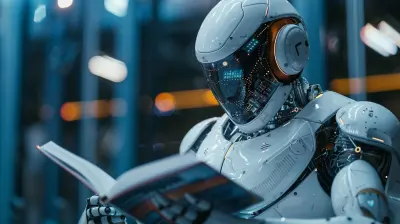
The Role of AI in Preventing Misinformation and Fake News

The Ultimate Guide to Wireless Earbuds and Accessories
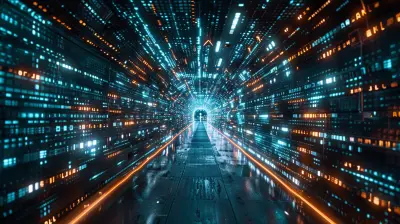
The Importance of Data Ethics in Modern Analytics